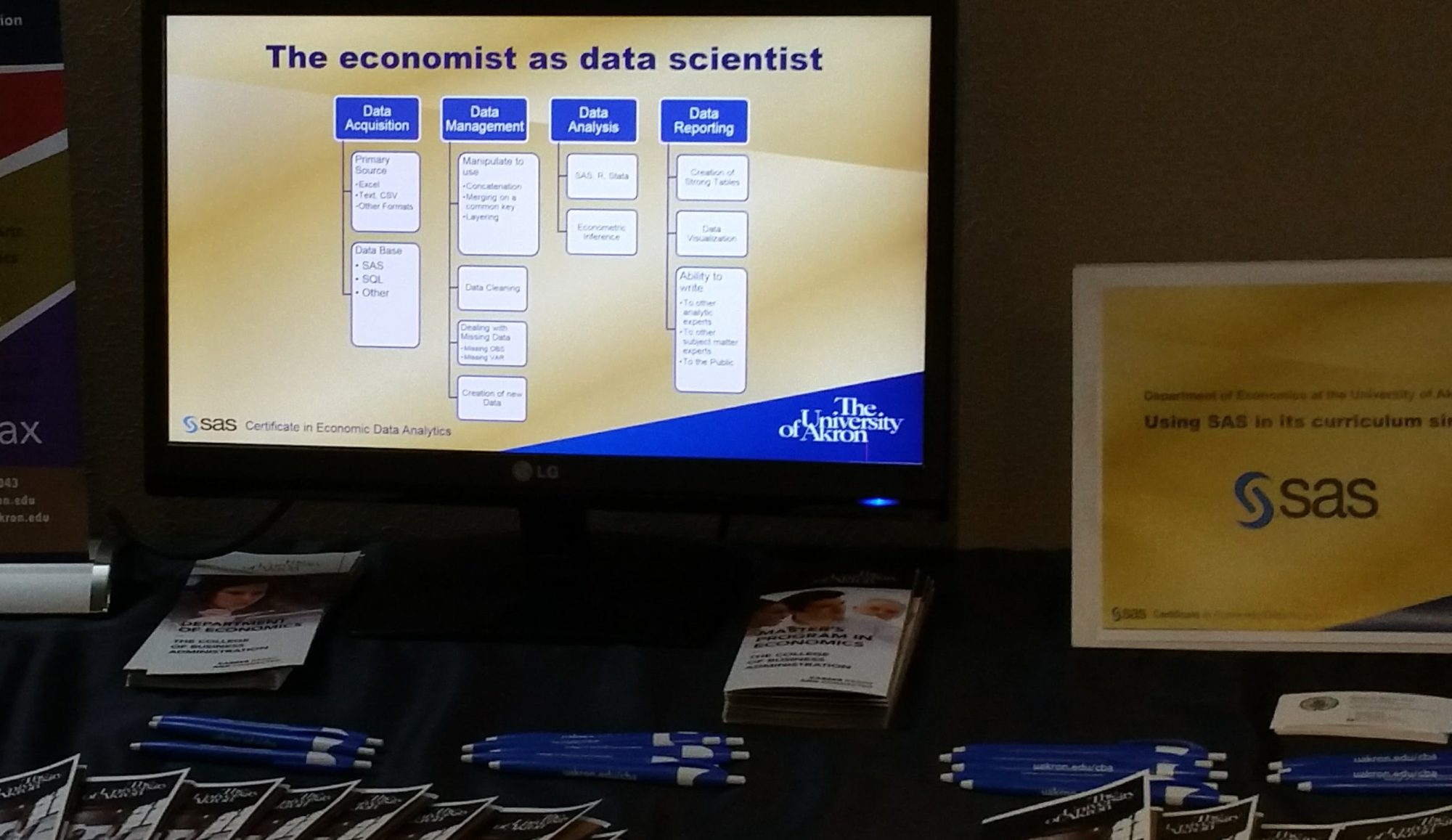Originally published on LinkedIn on September 14, 2022

Sometimes my students ask questions that set me to writing. Here is one from Kaden this morning. Are there any safeguards against high prices? Can the government help? I use the price of gasoline as an example.
The market is the safeguard against higher prices. If an item is ‘too highly’ priced, demanders will not purchase it or seek alternatives. I make cutting boards. If my competitors charge a price I think is too high, I can offer my boards at a lower price. It doesn’t matter whether the item is ‘worthless’ or not to some or even to many.
Both phrases in the above paragraph, ‘ too high’ and ‘worthless,’ are normative statements and have no use to us in analytics. But we all think it. Why would I ever pay a price that I believe is too high for a worthless item? I would not.
What if the item was a necessity for me? Then my demand inelasticity would show me not responding to the negative price as much as I might think I would or as much as my complaints suggest. Say 10 gallons of gas per pay period is necessary to keep your job, then you will buy the gas at whatever high price, at least until you can figure out an alternative.
Before I write the next paragraph, you must understand:
There are only three ways prices can come down:
(1) market demand decreases, (2) market supply increases, and/or (3) the government enforces a regulatory price cap.
The first two are self-healing. Consumers back off high price items, and firms offer new and substitute products at lower prices to get in on the action. Less demand and more supply always lower prices.
Is there a role of the government to step in and force prices down? In my opinion, never.
The reason is simple. The market is dynamic while price cap regulation is around forever. There is nothing as permanent as a government law or regulation. But let’s do that anyway.
The elected officials think gasoline prices are too high, so they regulate the gasoline market, forbidding the local gas station from charging more than a specific price, say $2 per gallon. When this happens, and the market clearing price is $3.35 per gallon, gas station owners will only get revenue of $2.00 but then cannot buy as much gas from the wholesaler at the higher price. The gas station either has less gas to offer or will go out of business, or may restrict gas to its own favorite customers. (Back in the 1970s, it paid to be friends with the local gas station). Less and favored supply means fewer people can get their needed 10 gallons a pay period.
But lowering the gas price to $2 per gallon encourages consumers to buy more. The market price requires people to evaluate just how much gas they need and are willing and able to pay. The artificially low gas price set by the government encourages consumers to buy much more, and to the extent they can, they will stock up.
The market guarantees that the people who value the gas the most will get it. The government guarantees the low price only to those who participate in some extra rationing scheme, such as standing in line and first-come-first-served.
Valuing is not the same as having an income. Poorer folks can value an item highly. At the market price, there is gas for them. At $2, there may not be, and they aren’t guaranteed to be at the front of the line.
Isn’t $2 gas better than $3.35 gas? Not if the government has enforced regulation on the market. At $2, there is less gas to be had, and it will never be allocated to those who value it the most.
Finally, how did the high price get there in the first place? If it is market-based, the market is self-curing. But what if the high price was because government regulation limited supply, limited how many gas stations there could be? By restricting the supply and likely collecting a nice permit or license fee, there are fewer outlets for consumers to get the gas, and prices would be artificially higher than the market-clearing price.
You can imagine the government granting a patent to a life-saving drug. With only one seller (a monopoly) that exists because of government enforcement, prices are higher than the competitive market would dictate, but the competitive market can’t exist. It is illegal for anyone to make and sell that drug without the permission of the drug owner (and for payment of the requisite fees). I am not saying patents are bad or good, just that there are consequences to action.
Now imagine the government coming in and putting a price ceiling on a drug with a high price propped up by the same government. All of the signaling value of the market price fails.
We have only begun to think of these issues in our class, which is why I love economic analysis.
